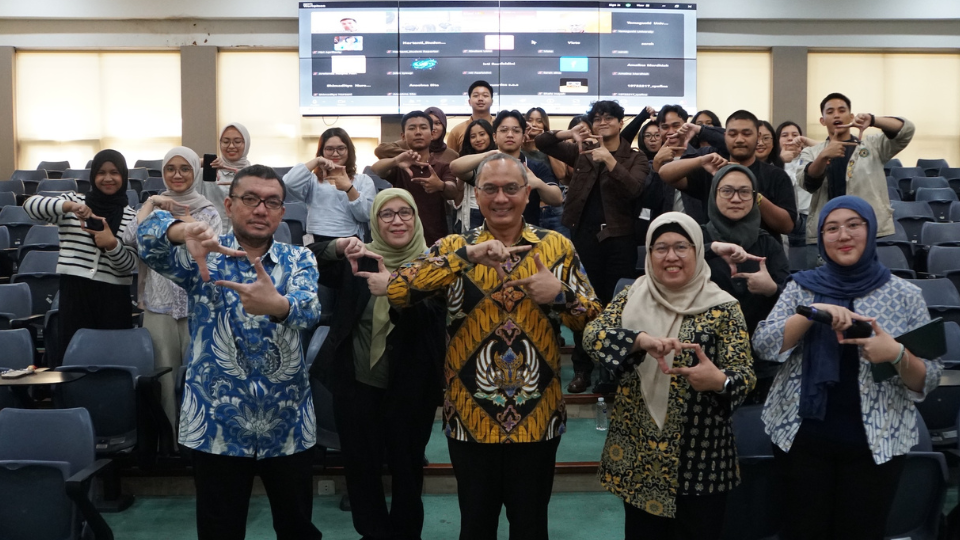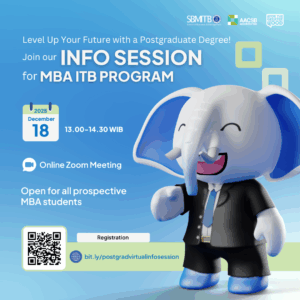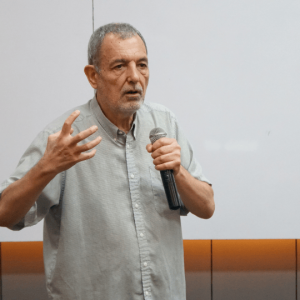SBM ITB, in collaboration with the School of Business at the University of Applied Sciences and Arts Northwestern Switzerland (FHNW), officially launched the Swiss Innovation Challenge (SIC) Asia 2025 with a hybrid kick-off seminar held in Bandung on Thursday, June 26. The event carried the theme “Green is the New Disruptor: Startups Leading Sustainable Change.” Now in its eighth year, SIC is a business innovation competition that has been running since 2016.
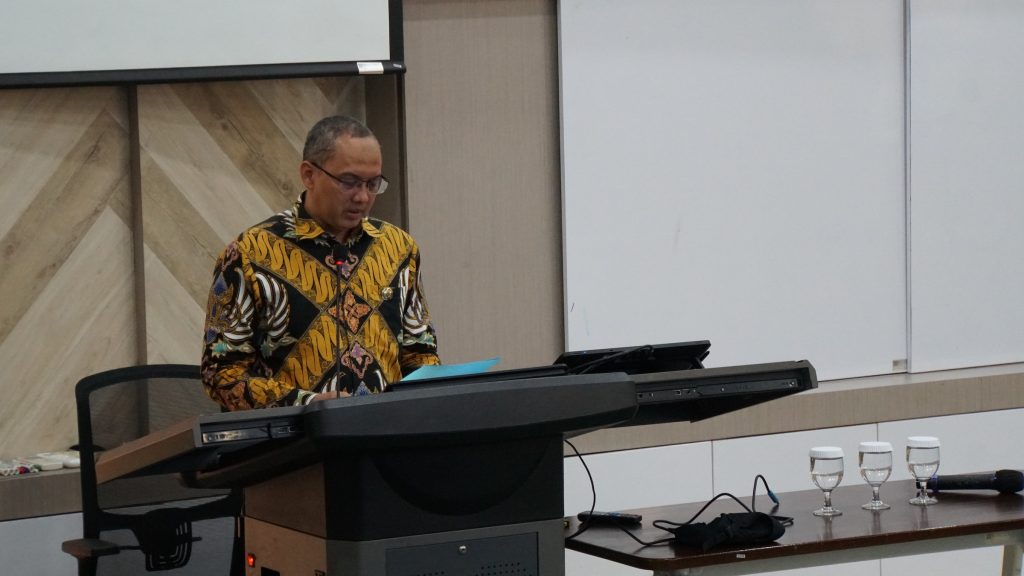
Dean of SBM ITB, Prof. Dr. Aurik Gustomo, emphasized that this year’s focus on sustainability reflects the growing need for businesses to go beyond mere economic gain. He emphasized that true innovation must also have a positive social and environmental impact.
“We must not only think in terms of economic value but must also consider social and environmental values, namely, people and the planet,” he said.
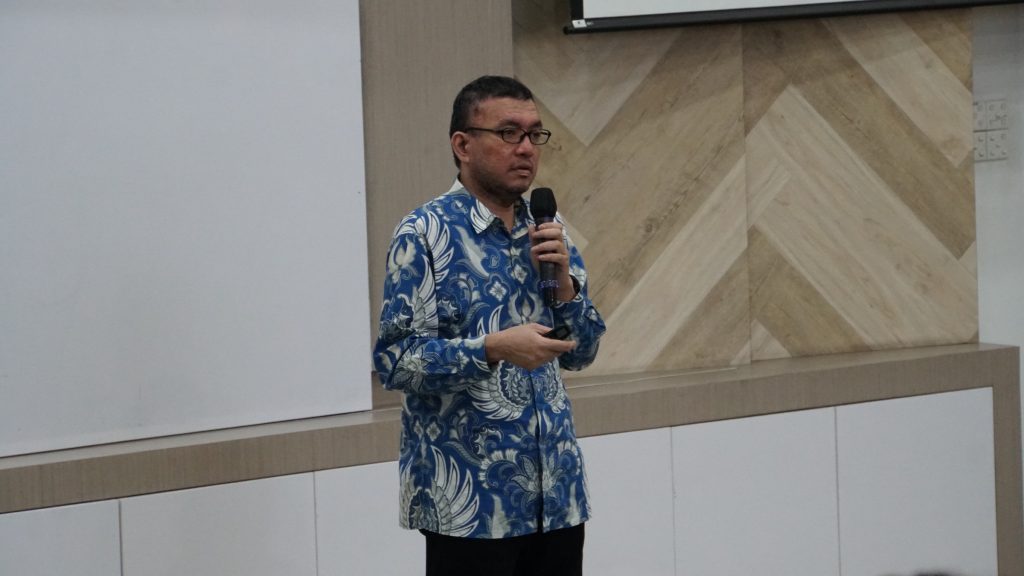
National Project Officer of SIC Asia 2025, Prawira Fajarindra Belgiawan, outlined the competition’s three main stages: preparing innovative ideas, developing business plans, and implementing strategies. Open to companies, startups, and individuals with innovative and impactful ideas, the competition offers a total prize of IDR 50 million. Winners will also have the opportunity to present their innovations on an international stage in Switzerland.
“This is not just a competition, but a platform to turn ideas into action and create real impact,” said Prawira.
Echoing this sentiment, Mahmoud Al-Kilani of the Swiss Innovation Challenge International Steering Committee noted that SIC offers a valuable opportunity for young entrepreneurs, students, and professionals to develop solutions with global relevance. He also expressed hope that the program would strengthen collaboration between Indonesia and Switzerland.
Al-Kilani further emphasized that the competition is not about finding a single best team or absolute winner. Every finalist, he said, has demonstrated exceptional quality and deserves recognition. The evaluation goes beyond ranking; it considers the extent to which ideas contribute to sustainable change. He encouraged participants to remain confident.
“Be brave, be creative, and most importantly, enjoy every step of the process,” he said.
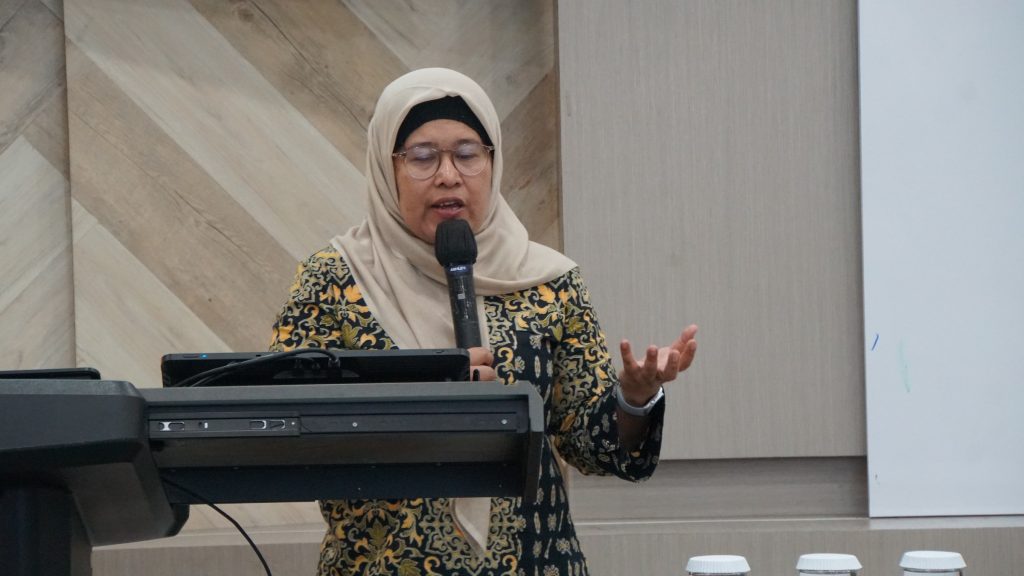
Meanwhile, SBM ITB lecturer Melia Famiola Hariadi, who spoke at the opening seminar, highlighted that sustainability in business should be seen not as a burden but as an opportunity for innovation. She noted that startups are well-positioned to lead change, as traditional models do not constrain them.
“Startups can bypass conventional steps and immediately focus on building sustainable systems,” she explained.
Melia cited examples such as Kaffeeform, a German startup that transforms coffee grounds into reusable cups, and Blue Ventures, which combines conservation with economic opportunities through ecotourism.
She also pointed out that the global economy is shifting towards low-carbon models, presenting significant opportunities in renewable energy, carbon credits, and environmental restoration. One such example is the peatland restoration project in Central Kalimantan, which has attracted international corporate support.
“This is not a conventional business sector, but a new and highly relevant one. Indonesia plays a key role as a major oxygen provider and global carbon sink,” she added.
“Sustainability is no longer just about reducing negative impacts, it’s about creating positive ones.”
